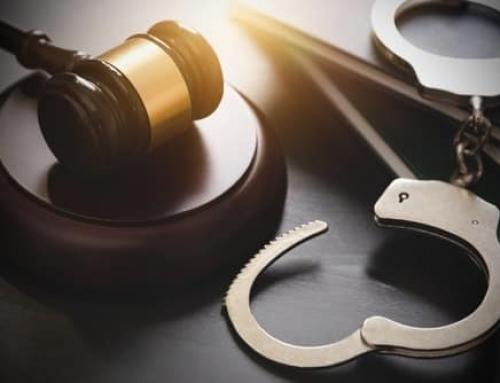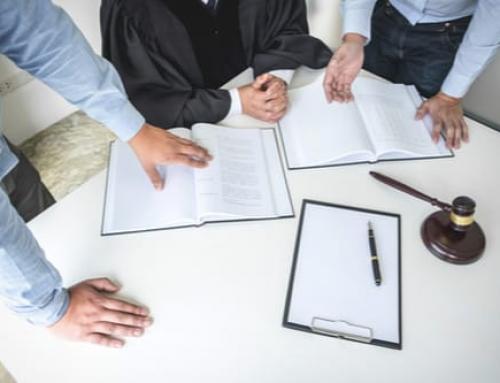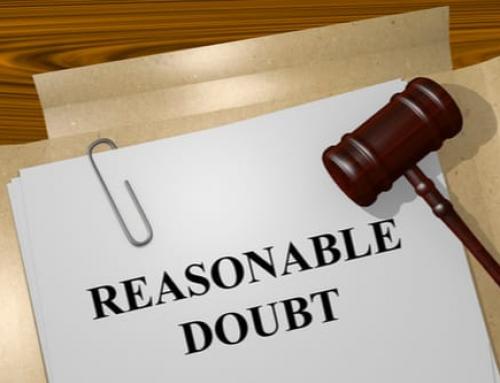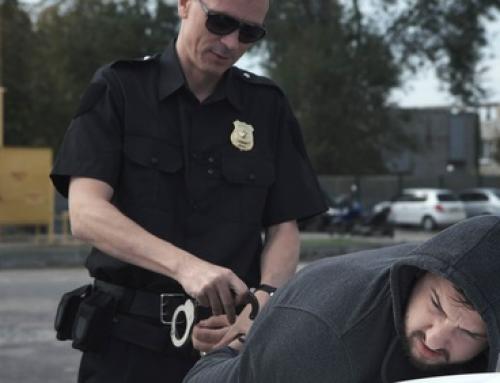When facing charges for a violent crime in Pennsylvania, it is important to defend yourself by all means available. Under Pennsylvania law, violent crimes – including assault, homicide, and domestic violence – can carry severe penalties, and a conviction could mean insurmountable fines and long-term imprisonment.
Under the right circumstances, claiming self-defense or defense of others can provide a complete defense to criminal culpability. However, asserting these defenses is challenging and carries the potential for significant legal risk. As a result, if you believe that you may have grounds to claim self-defense or defense of others, you should discuss your case with an experienced defense attorney before making any decisions or saying anything to the police or prosecutors.
Self-Defense and Defense of Others Provide “Justification” for Assault or Homicide
Self-defense and defense of others are known as “justification” defenses in Pennsylvania. This means that, by asserting one of these defenses, you are arguing that you do not deserve to be punished despite the fact that you assaulted or killed someone. Essentially, under the circumstances at hand, you were left with no choice but to take violent action in order to protect yourself or someone else from imminent bodily harm.
Self-Defense Under 18 Pa.C.S. Section 505
Pennsylvania’s self-defense law appears in Section 505 of Title 18 of the Pennsylvania Statutes. Under subsection 505(a):
“The use of force upon or toward another person is justifiable when the actor believes that such force is immediately necessary for the purpose of protecting himself against the use of unlawful force by such other person on the present occasion.”
Subsection 505(b) of the statute then goes on to list a number of circumstances under which use of force is not legally justified. These include (but are not limited to):
- Resisting arrest (including an unlawful arrest);
- Using deadly force when non-lethal force would suffice;
- Using deadly force after provoking the initial use of force; an,
- Using deadly force when it is possible to retreat safely (unless Pennsylvania’s “stand your ground” law applies).
In order to successfully argue self-defense in a criminal case, it is necessary to satisfy each individual requirement established in subsection 505(a). If any element of the defense is lacking, then the prosecution may be able to secure a conviction notwithstanding the fact that you honestly believed you were acting in self-defense.
1. Belief
Subjective belief is the first element of self-defense. In order to validly claim self-defense, a person must have believed that he or she was in imminent danger at the time of the use of force.
2. Immediate Necessity
Not only must a person believe that the use of force is necessary, but he or she must believe that it is “immediately necessary.” If there is any possibility of retreat (subject to the “stand your ground” law), or if there is only a threat of future harm, then self-defense may not apply.
3. Unlawful Force
Self-defense only applies in situations where a person is confronted with the use of unlawful force. Use of force can be lawful in connection with an arrest and in certain other circumstances.
4. Present Occasion
The fear of harm must also exist during the “present occasion” (i.e. at the time when force is used in self-defense). If someone previously attacked you, or if you are concerned that someone may attack you in the future, you cannot initiate an unprovoked attack and then claim self-defense (typically, in this situation, what you should do is call 911).
Defense of Others Under 18 Pa.C.S. Section 506
Pennsylvania’s defense of other laws appears in Section 506 of Title 18. Under subsection 506(a), the use of force to defend someone else is justifiable when:
“(1) the actor would be justified under section 505 . . . in using such force to protect himself against the injury he believes to be threatened to the person whom he seeks to protect;
“(2) under the circumstances as the actor believes them to be, the person whom he seeks to protect would be justified in using such protective force; and
“(3) the actor believes that his intervention is necessary for the protection of such other person.”
These are conjunctive requirements, meaning that all three requirements must be met in order for the defense of others to apply. If you can establish each of these requirements, then, similar to self-defense under Section 505, successfully arguing the defense of others under Section 506 can provide a complete defense that warrants a “not guilty” verdict at trial.
Establishing Self-Defense or Defense of Others in a Pennsylvania Criminal Case
Since the government has the burden of proof in criminal cases, when you claim self-defense or defense of others, it is up to the prosecution to convince the judge or jury that neither of these defenses applies. In other words, you do not have to prove self-defense or defense of others; rather, the prosecution must prove that you did not engage in justifiable use of force – and it must do so beyond a reasonable doubt.
That said, when claiming self-defense or defense of others, you are going to want to have as much evidence in your favor as possible. Depending on the circumstances involved and your relationship to the assailant (if any), types of evidence that can potentially be used to help establish a strong defense include:
- Eye-witness testimony confirming the reactive use of force;
- Video footage from surveillance cameras, phones, or other recording devices;
- Damage to your clothing and personal items,
- Medical records and photographs detailing your own physical injuries; and,
- Voicemails, text messages, or emails preceding the confrontation, particularly in cases of domestic violence.
Speak with Philadelphia Defense Attorney Brian Fishman in Confidence
If you believe that you acted in self-defense or in defense of someone else and are now facing charges for assault, homicide, domestic violence, or any other violent criminal offense, we encourage you to contact us immediately to discuss your case. To speak with Philadelphia criminal defense attorney Brian Fishman in confidence, please call 267-758-2228 or inquire online now.






